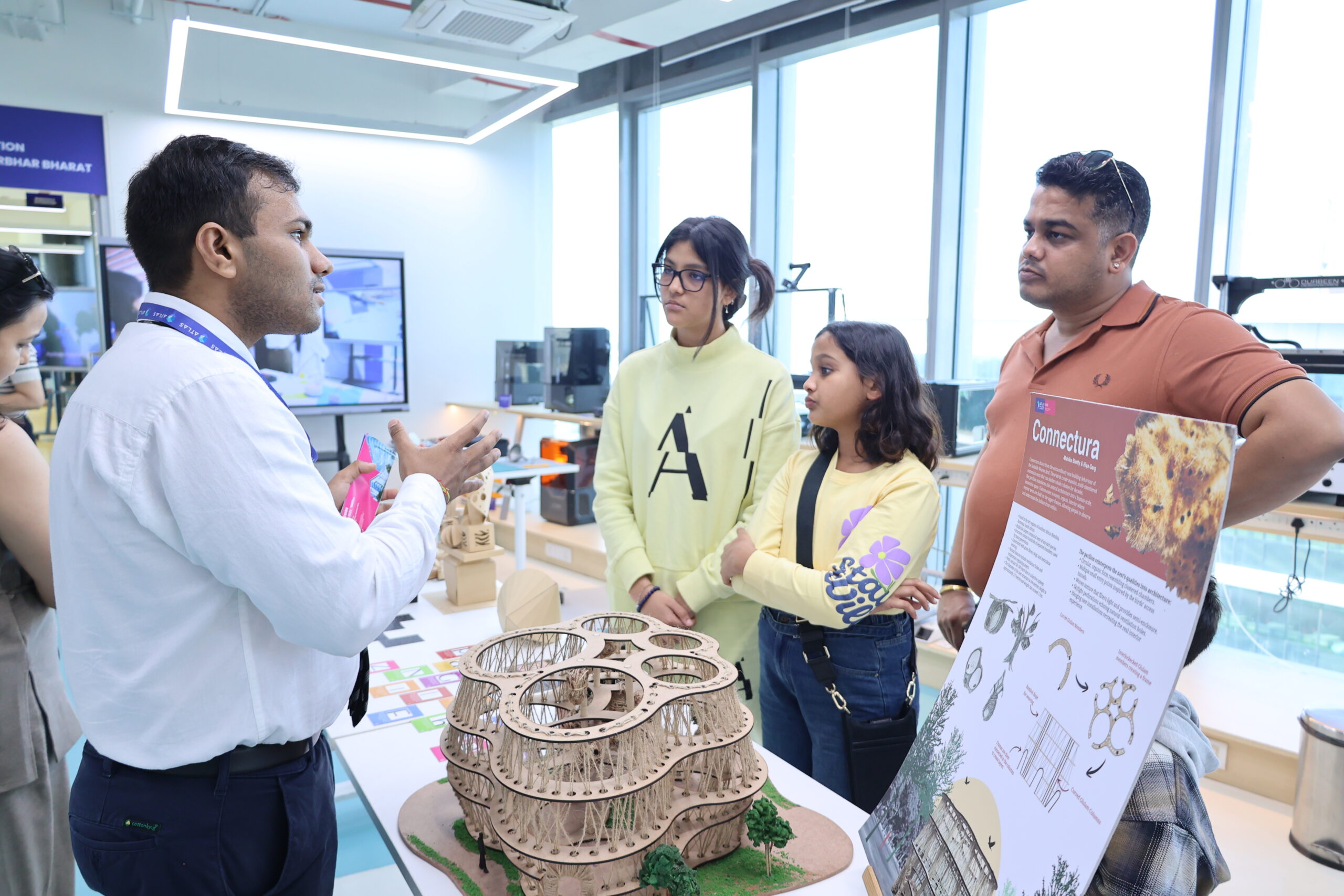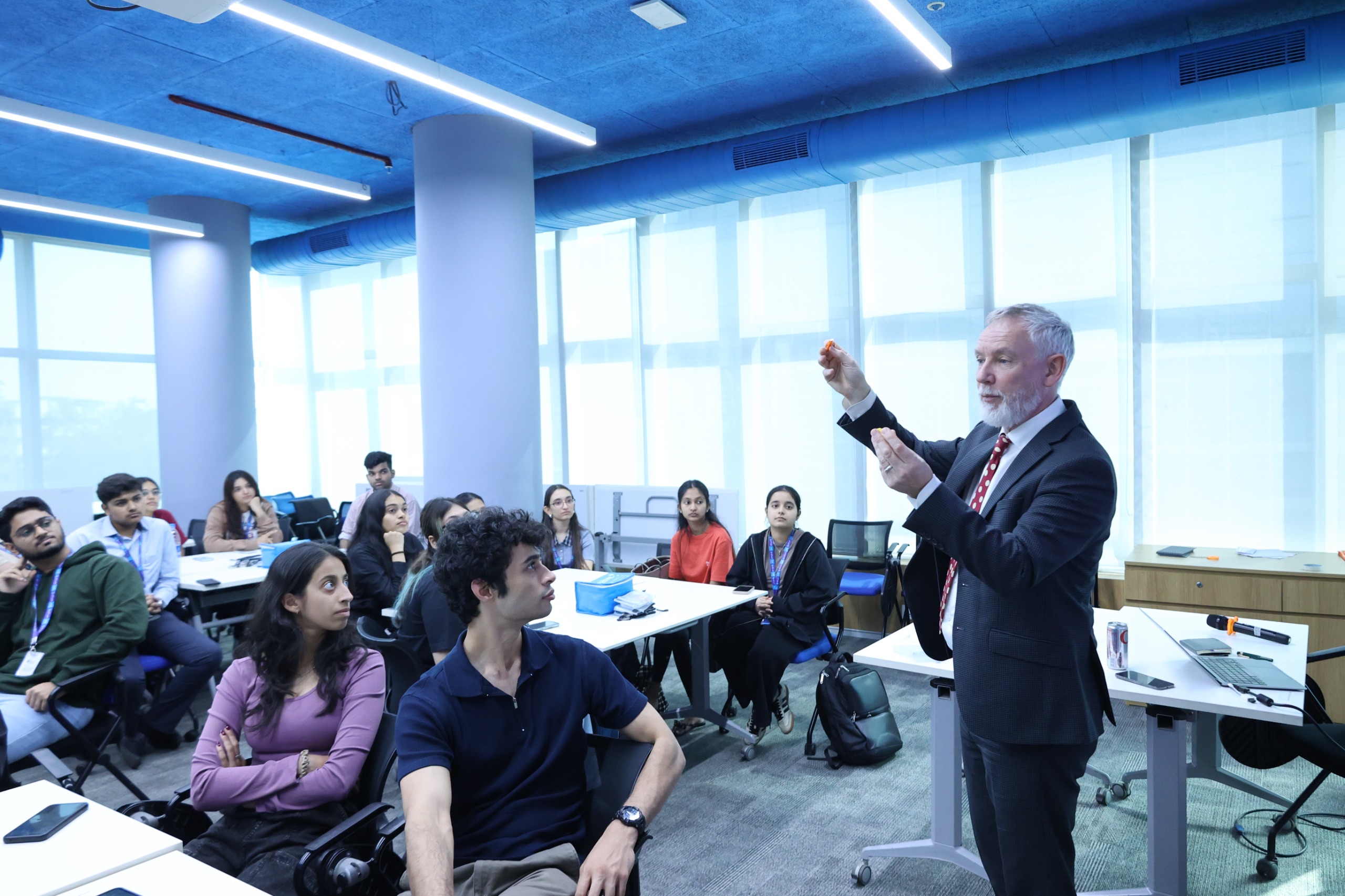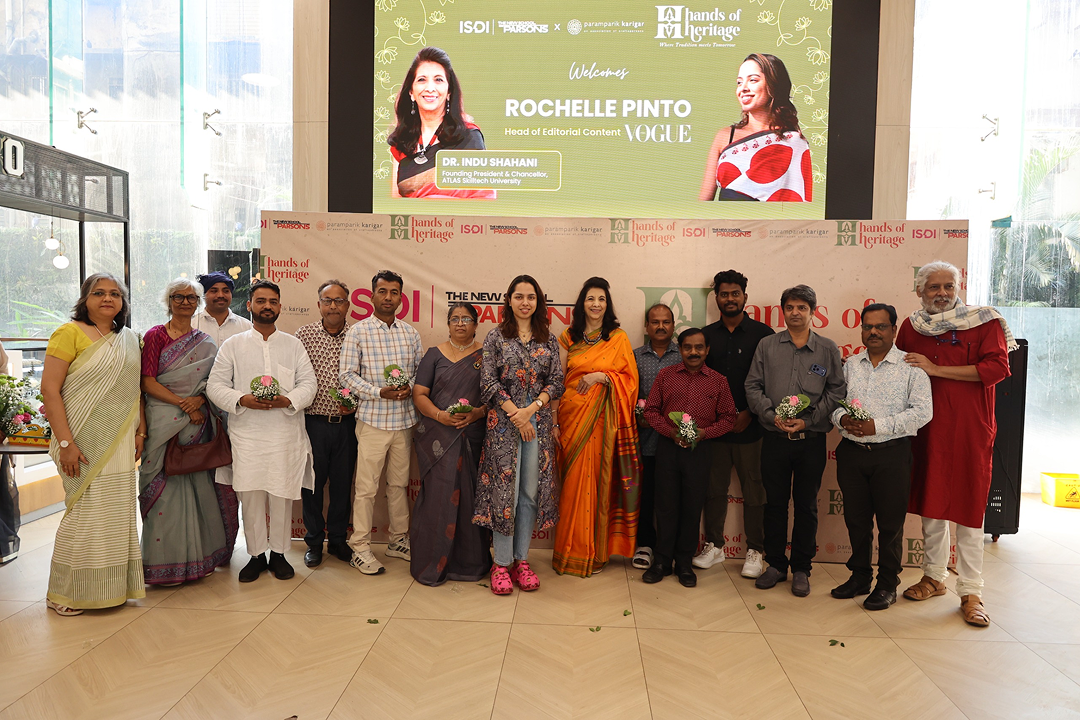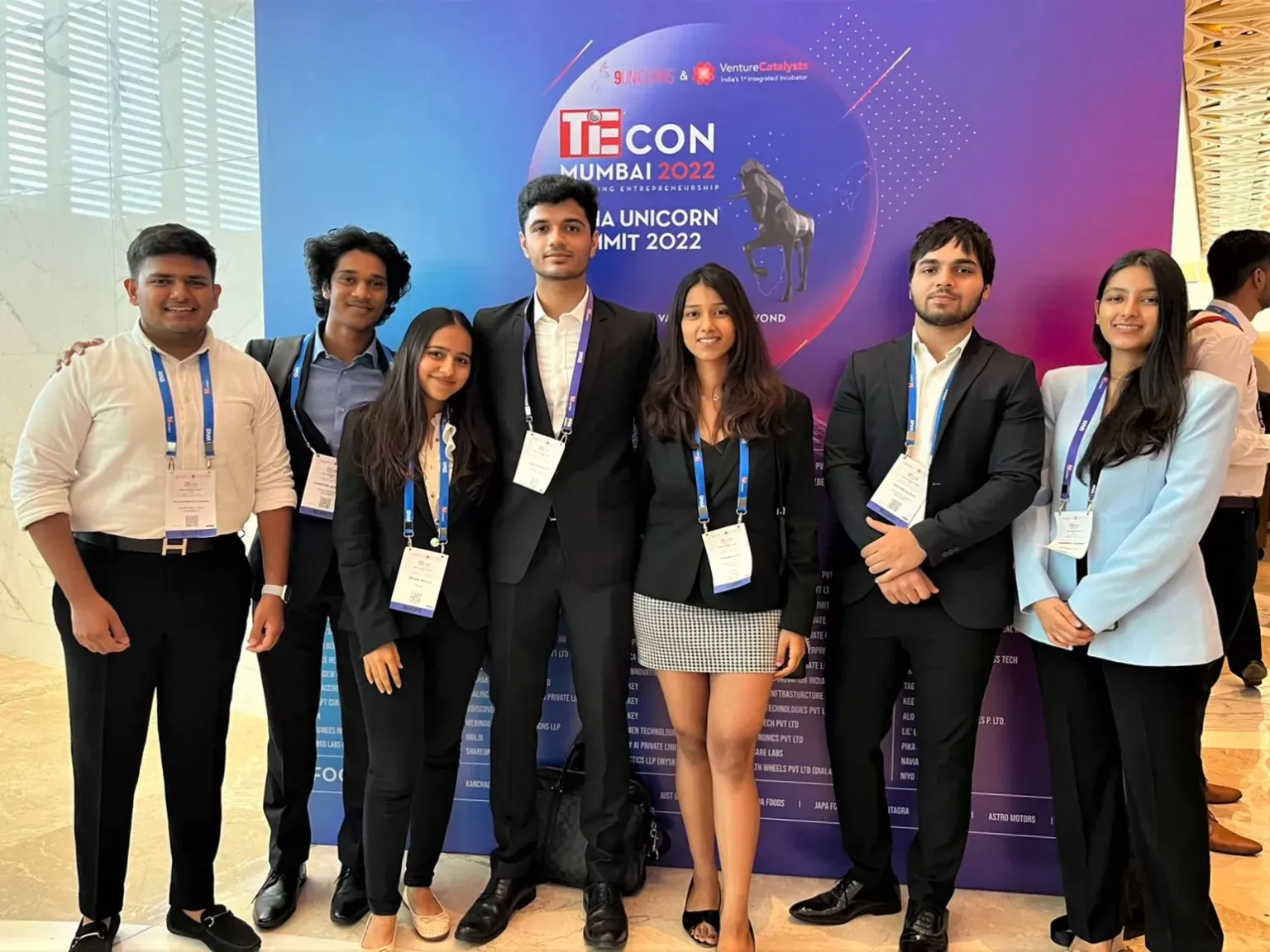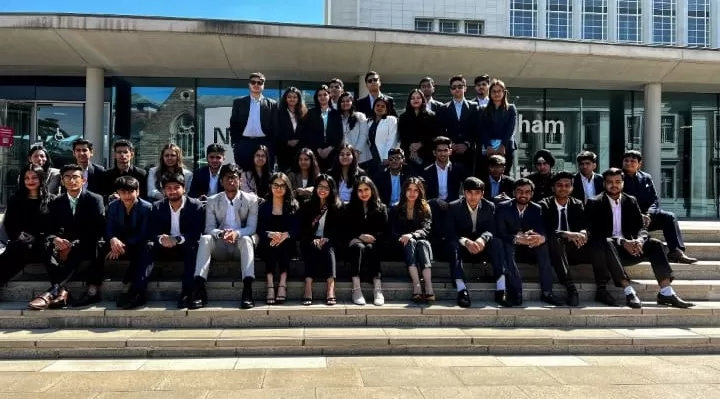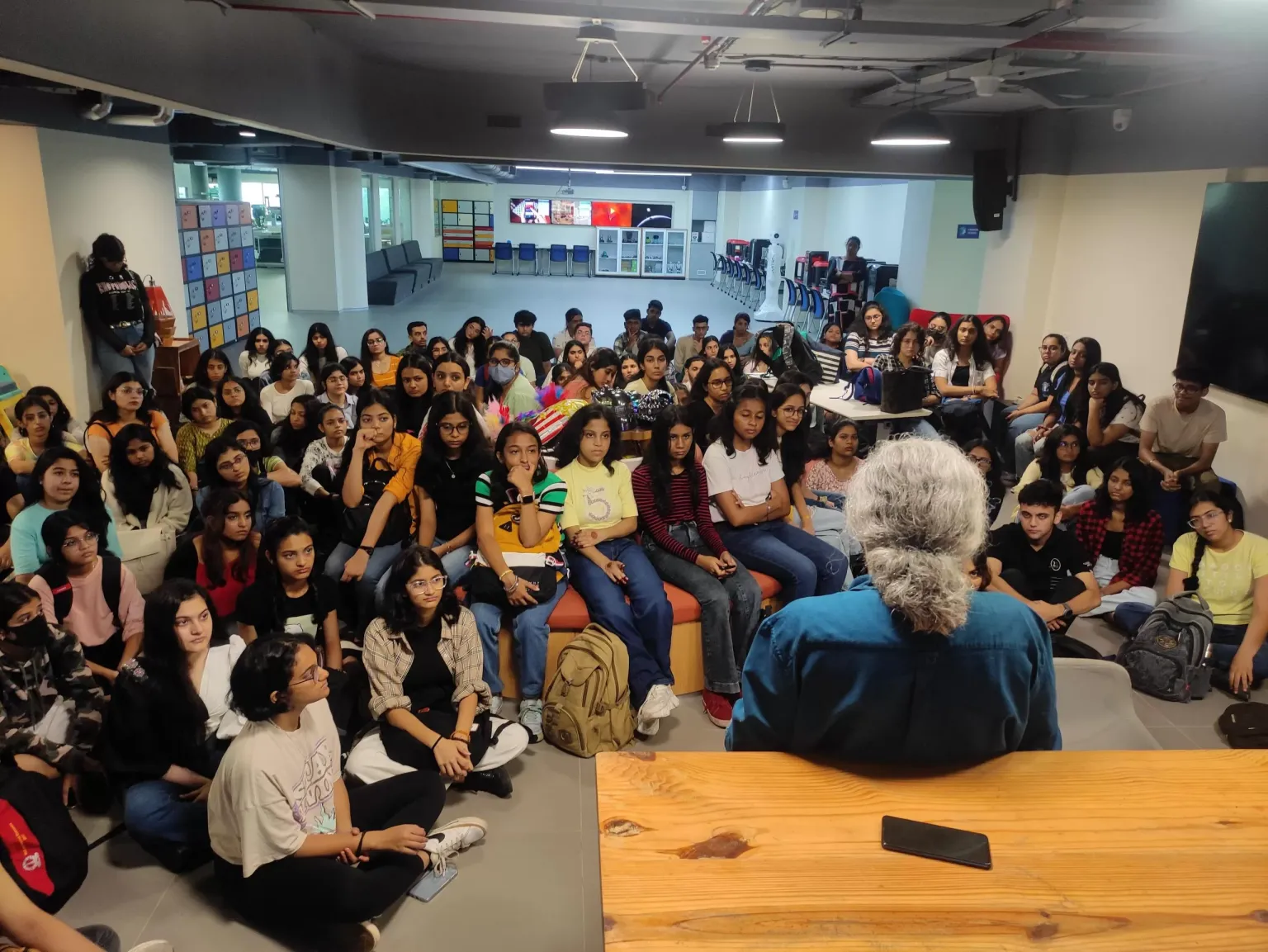Empowering Tomorrow’s Business Leaders: Skill-building through Experiential Retail Activity
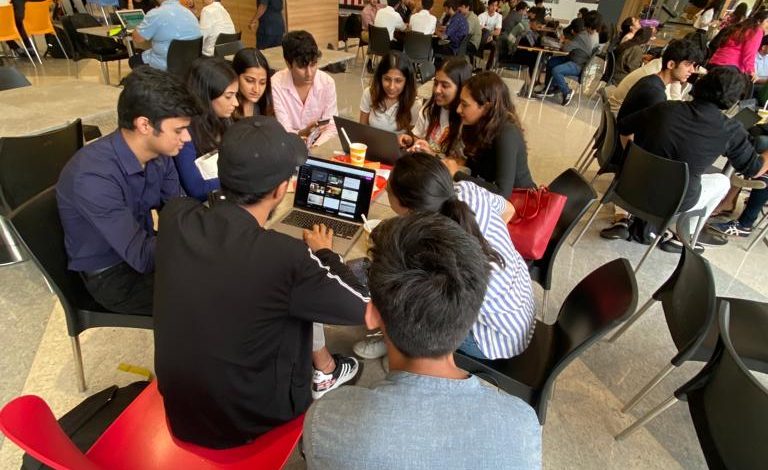
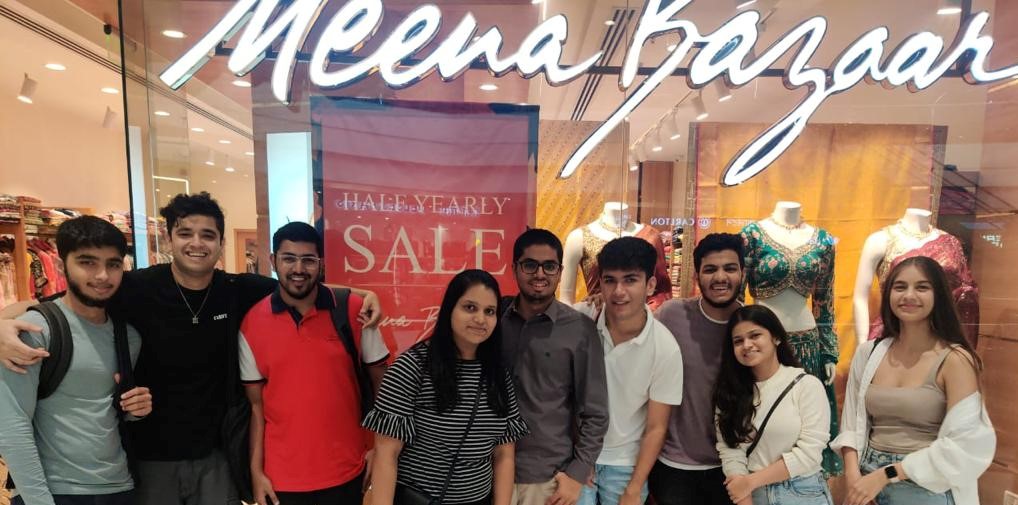
ATLAS ISME – School of Management & Entrepreneurship has taken a bold step towards transforming its BBA students into future-ready leaders by organising a two-day retail experiential learning activity at Jio Drive Mall and Phoenix Market City in Mumbai. The initiative aims to build and practice crucial human, management and entrepreneurial skills, preparing the students to face real-world challenges with confidence and competence.
Learning by Doing
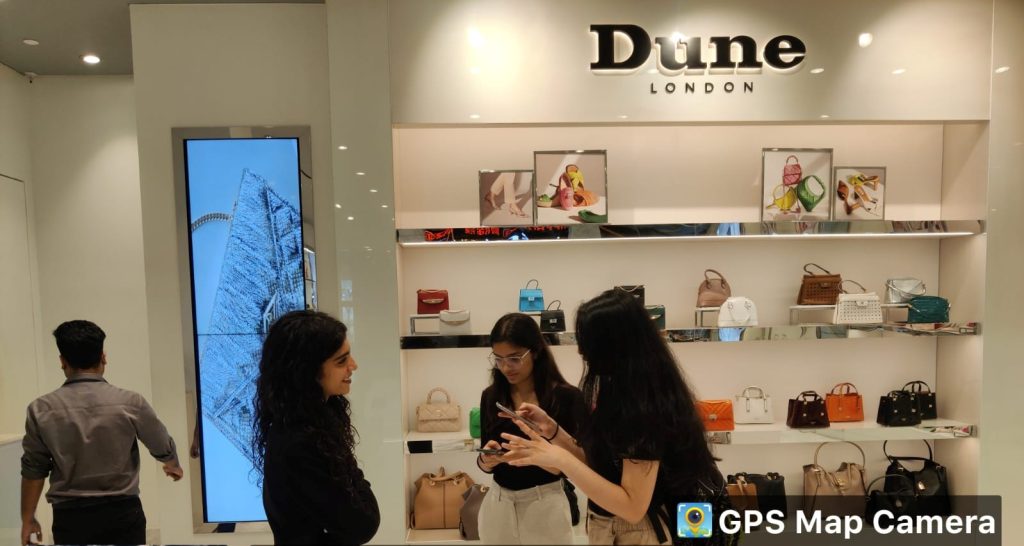
The primary objective of this experiential learning activity was to immerse the 2nd and 3rd-year BBA students in real-life scenarios where they could apply and hone essential skills such as empathy, observations, design thinking, critical thinking, research and collaboration with unknown team members. The university recognised the significance of experiential learning as it offers students a hands-on opportunity to put theoretical knowledge into practice. By actively engaging with real challenges, students are better equipped to understand the complexities of the business world and develop the necessary skills to navigate through it successfully.
Market Research & Analysis
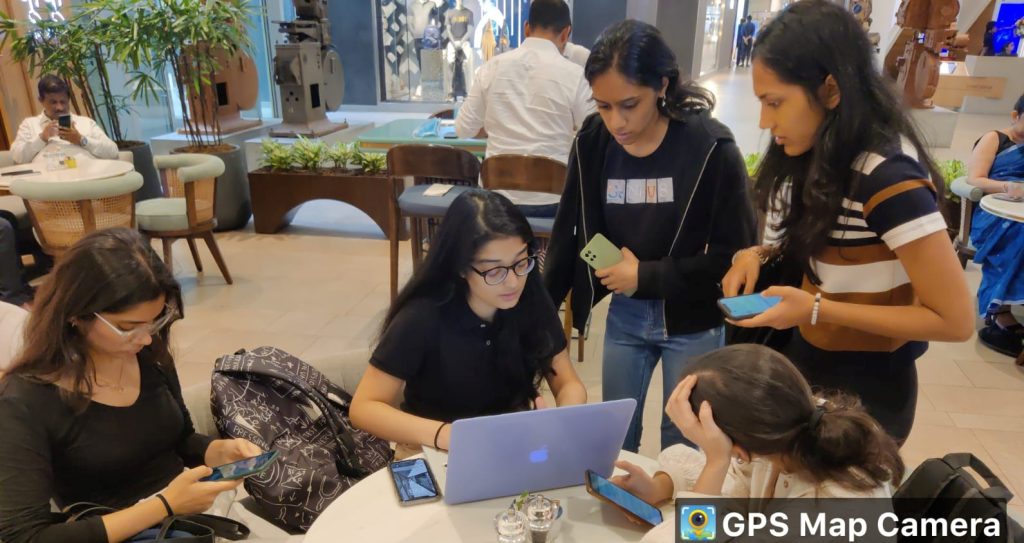
The two-day activity involved challenges centred around one retail product category, with each challenge designed to encompass multiple skill sets. One of the prominent challenges was “Market Analysis and Research,” which required students to conduct both primary and secondary research on their assigned fictitious brand.
For the secondary research component, students delved into existing brands in the same category to understand their products, pricing strategies and unique selling propositions. This exercise allowed them to gain insights into the competitive landscape and consumer preferences, empowering them to make informed decisions.
Understanding Customer Interaction through Role Playing
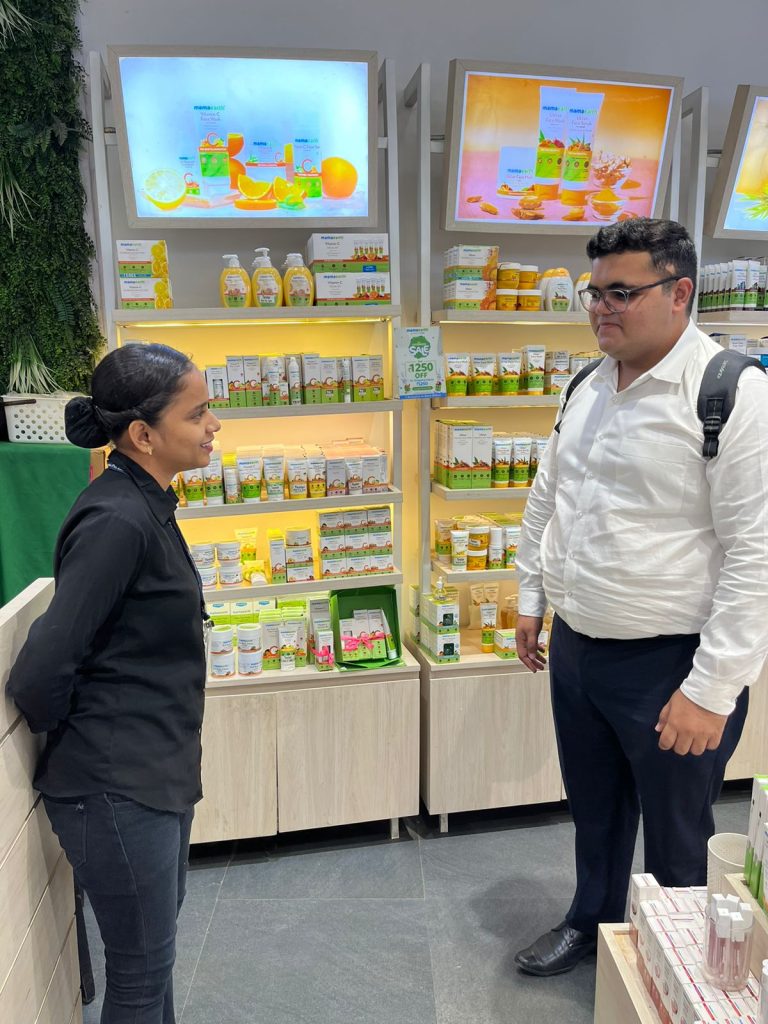
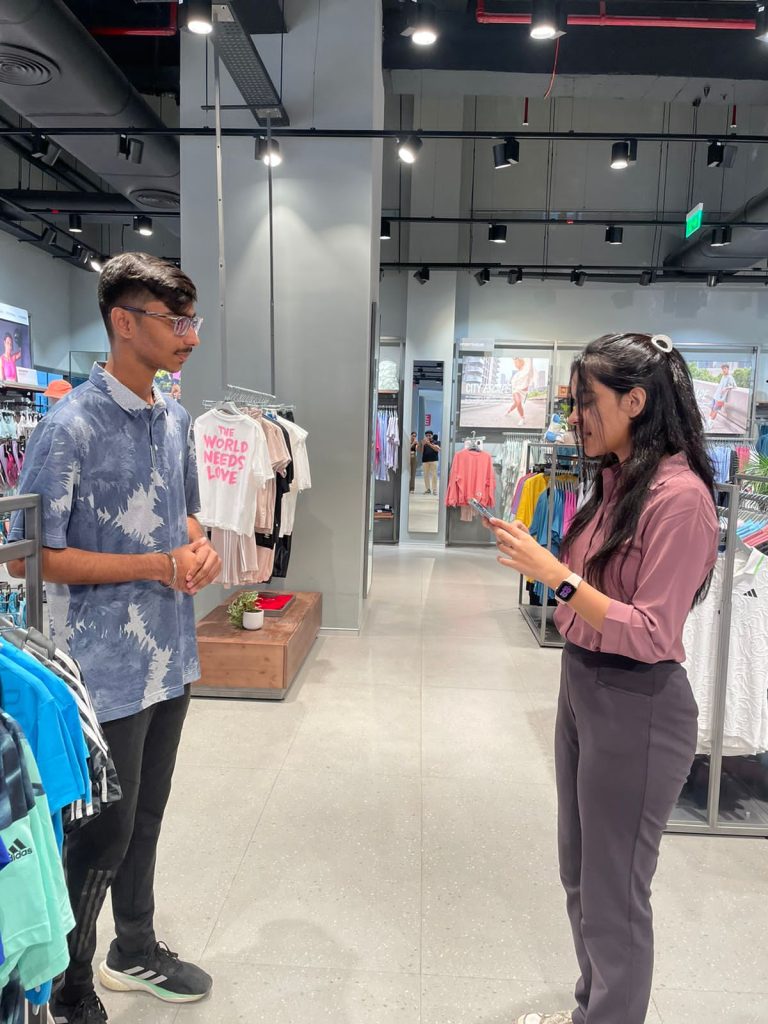
The second component involved students stepping into the roles of different customer personas, such as the Bargain Hunter, Loyal Fan, High-End Shopper, Window Shopper, Unsure Customer and Impulse Buyer. Through role-playing, students interacted with store staff, observing their responses, problem-solving skills and customer handling. This part of the activity honed their empathy and observational abilities while allowing them to apply design thinking to understand customer needs.
Bridging the Gap between Theory and Practice
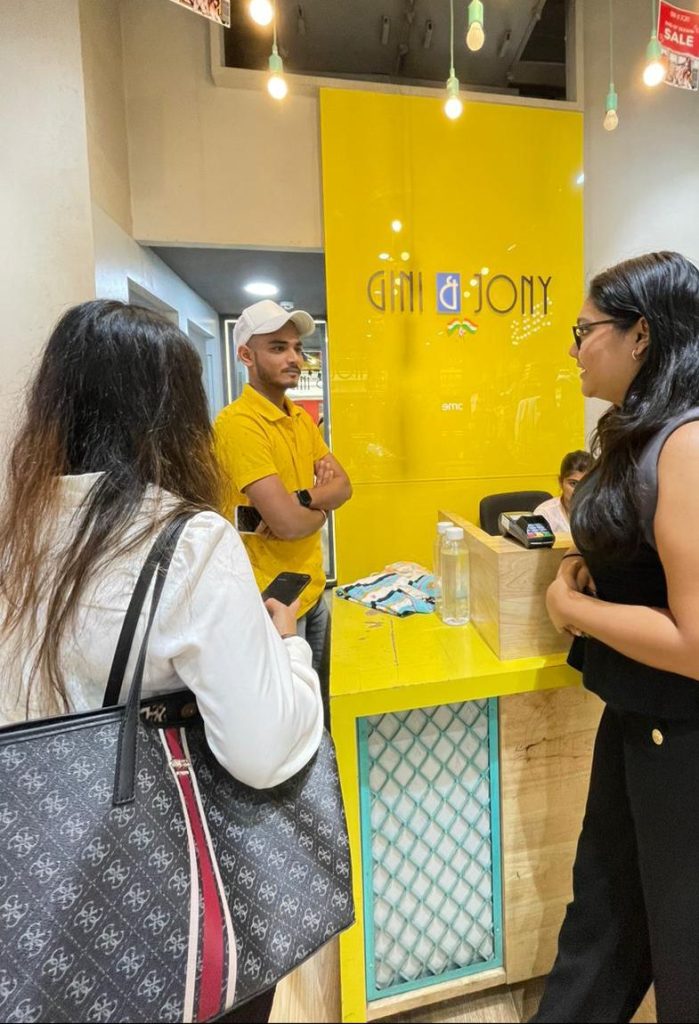
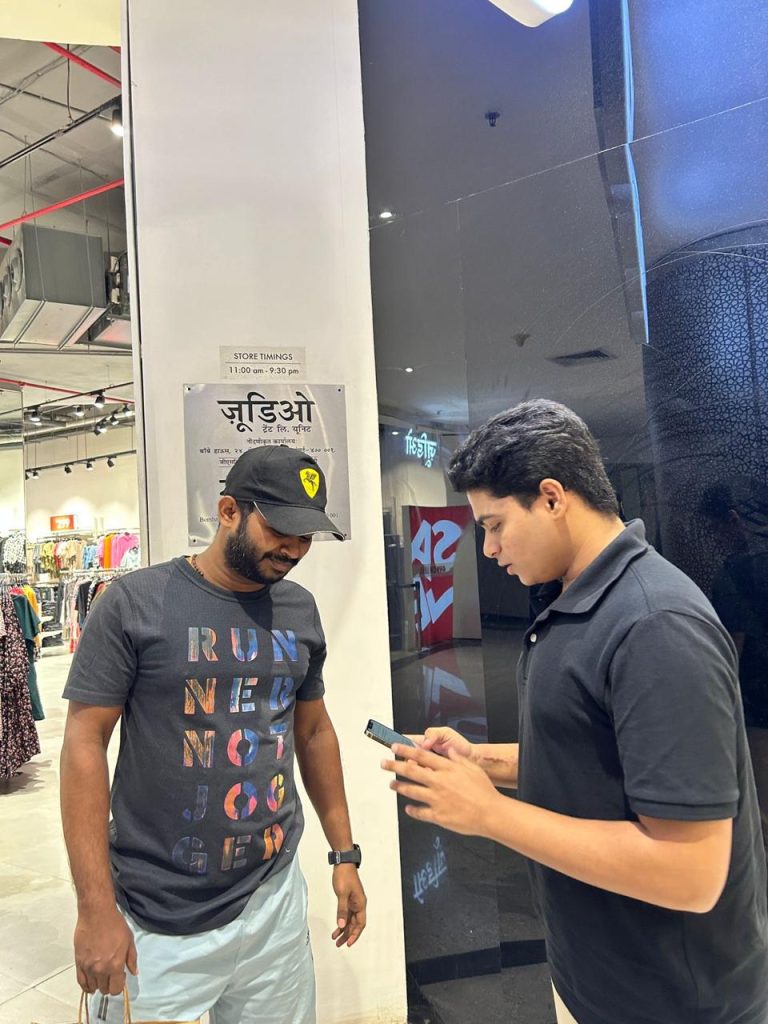
This experiential learning exercise proved to be an invaluable tool for the students’ personal and professional development. Here are some key learnings from this initiative:
- Practical Skill Application: Experiencing the challenges first-hand enabled students to apply their knowledge and skills in a real-world context. This practical experience enhances their understanding and builds confidence in their abilities.
- Critical Thinking and Problem-Solving: By analysing market data and customer interactions, students developed critical thinking and problem-solving skills. They learnt to identify opportunities and devise effective strategies to address consumer needs.
- Collaboration and Teaming: Working in teams during the activity fostered collaboration and communication skills. These skills are vital in today’s dynamic business environment, where teamwork is key to success.
- Empathy and Customer-Centricity: Role-playing as different customer personas allowed students to step into the customers’ shoes, promoting empathy and a customer-centric mind-set. This understanding can lead to better customer experiences in their future careers.
- Research and Data Analysis: Conducting both secondary and primary research honed their research skills and data analysis capabilities. These skills are essential for evidence-based decision-making.
The Emphasis on Experiential Learning at ATLAS ISME
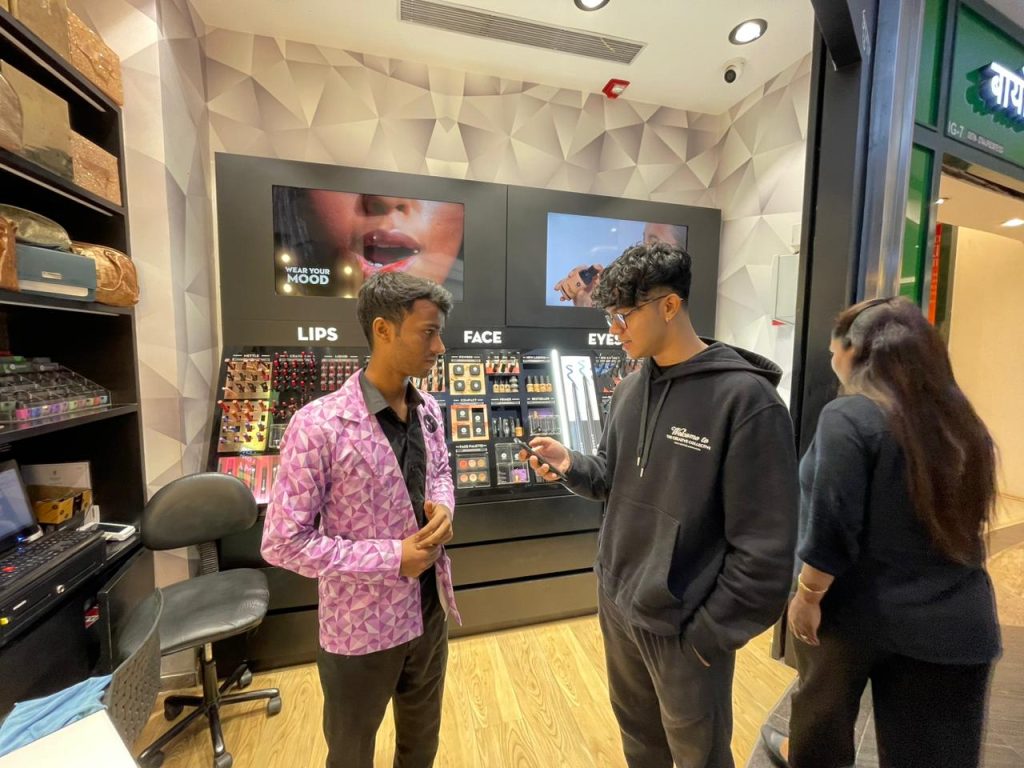
In the realm of higher education, the significance of experiential learning has reached new heights, especially when compared to traditional learning methods. This shift is primarily driven by the recognition of several critical factors:
Practical Application
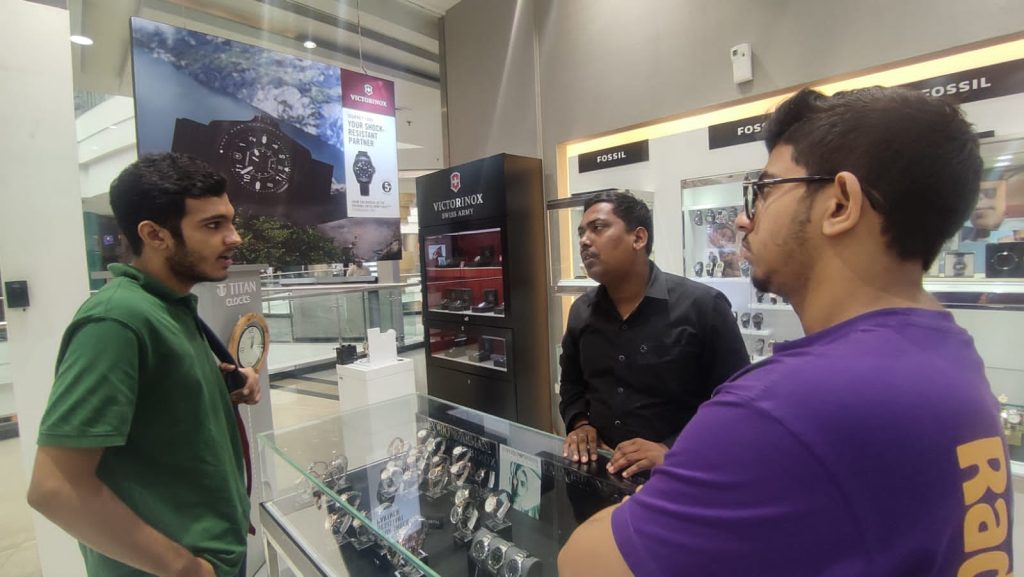
Experiential learning stands out for its ability to bridge the gap between theoretical knowledge and real-world practice. Unlike traditional learning, which often remains confined to textbooks and lectures, experiential learning actively encourages students to apply their knowledge in authentic scenarios. The 2-day retail experiential learning activity at ATLAS ISME School of Management & Entrepreneurship is a perfect example of how students get to put their theoretical understanding into action, fostering a deeper understanding of the subject matter.
Holistic Development
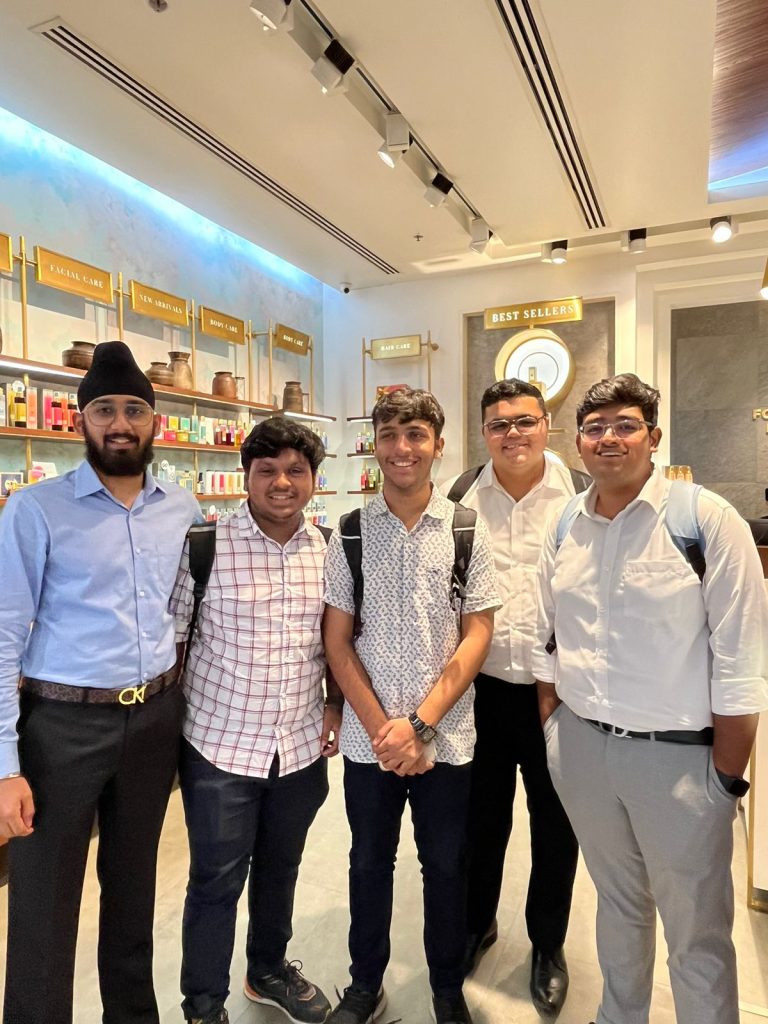
While traditional learning predominantly focuses on cognitive development, experiential learning takes a more comprehensive approach. It not only cultivates cognitive skills but also nurtures emotional intelligence, problem-solving abilities, and effective communication. By immersing themselves in practical challenges during different immersive learning activities, the BBA students at ATLAS ISME develop a well-rounded skill set that prepares them for the complexities of the business world.
Preparation for the Future
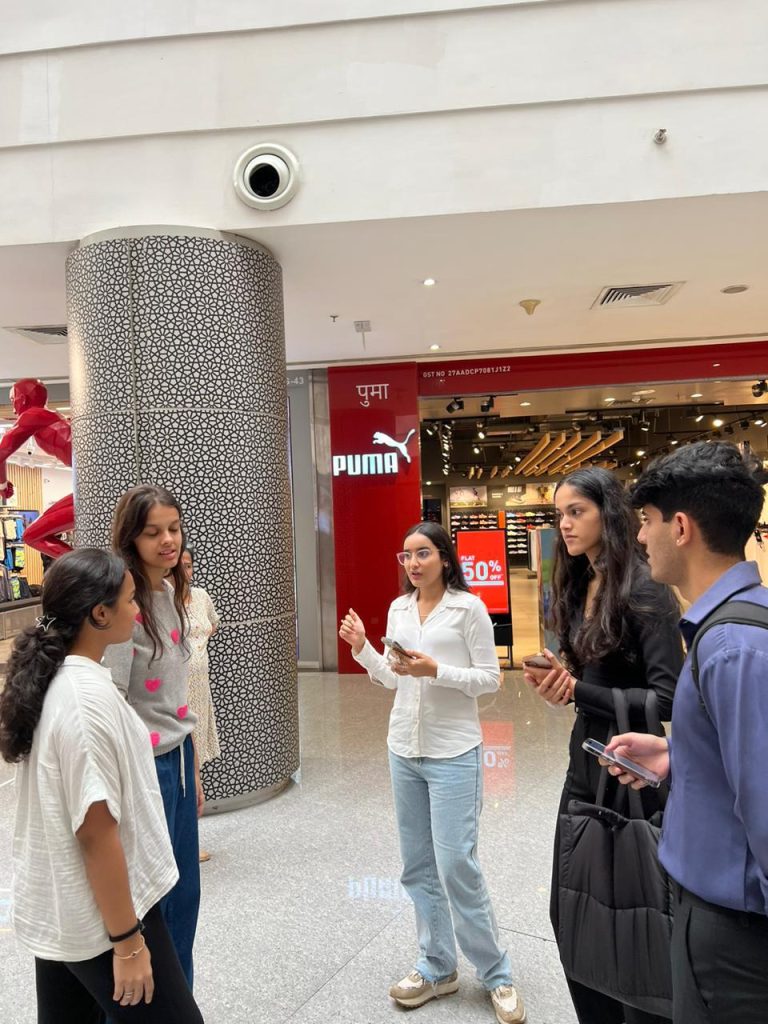
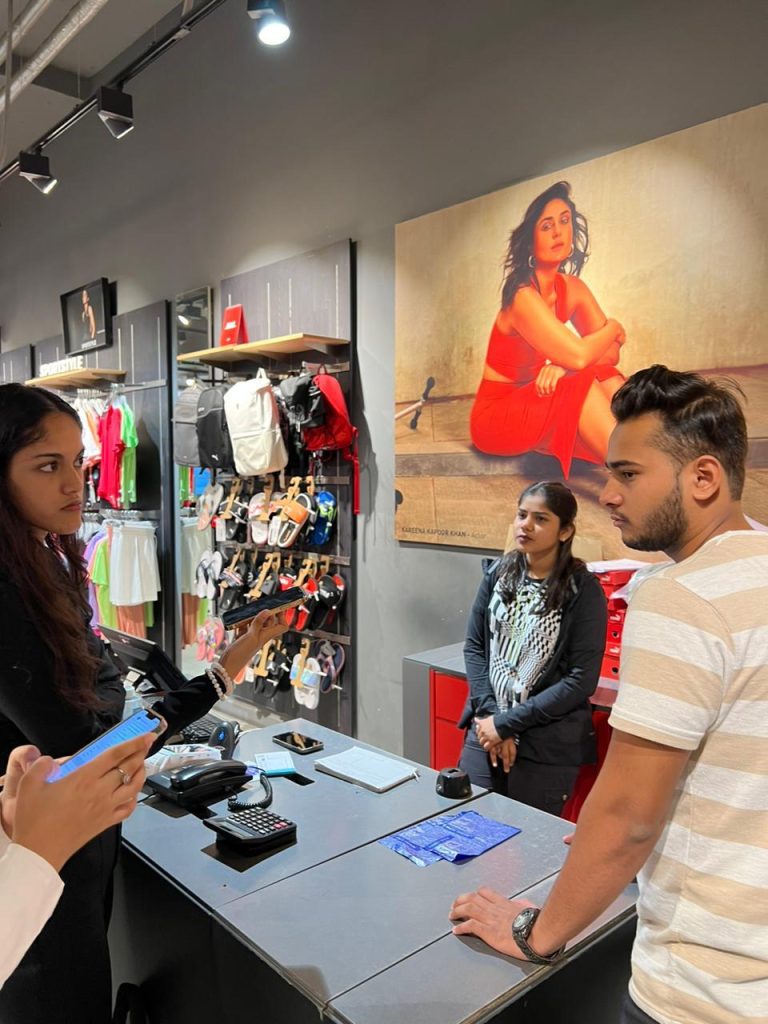
In the face of a rapidly changing job market, adaptability and versatility have become key attributes of successful graduates. Experiential learning, with its focus on practical skill development and real-life problem-solving, equips students to thrive in diverse work environments. By actively engaging with challenges and collaborating with unknown team members, students at ATLAS SkillTech University gain the confidence and mindset required to tackle the uncertainties of the future.
Empowerment and Ownership
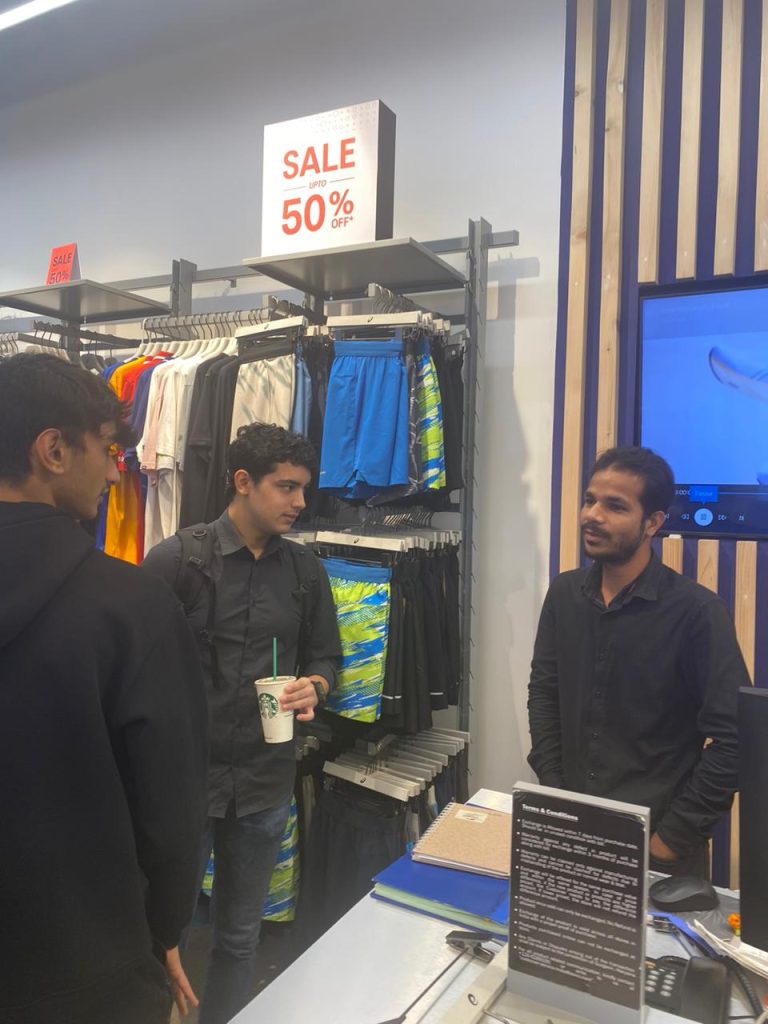
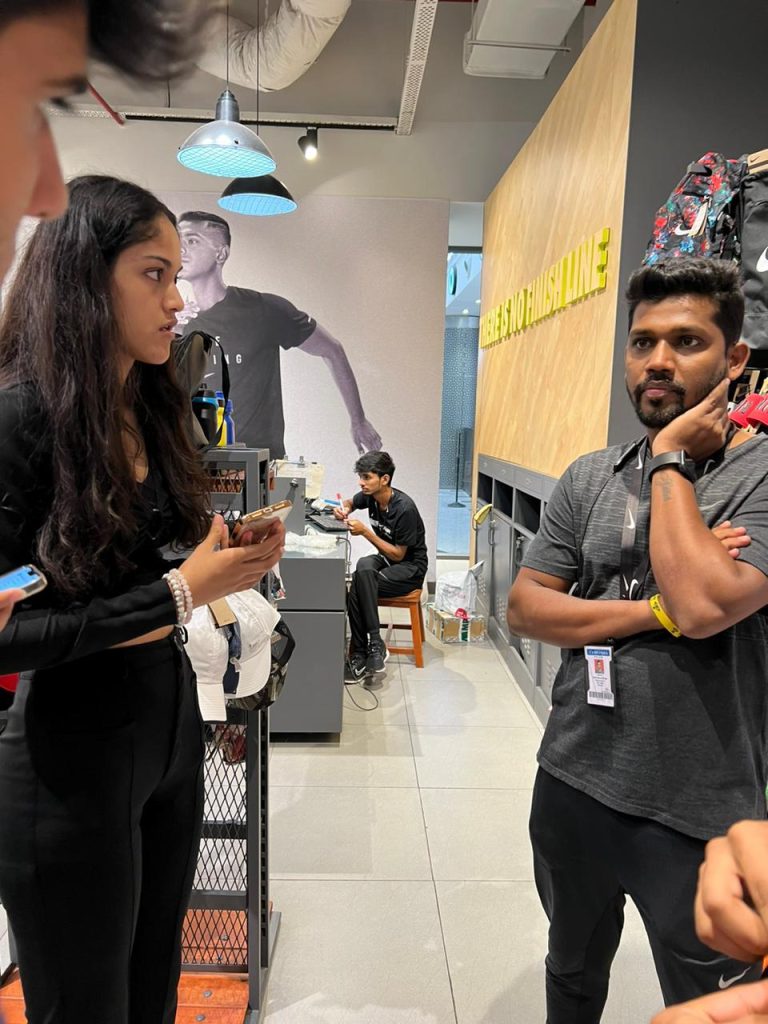
Unlike the passive learning experience of traditional methods, experiential learning empowers students to become active participants in their own educational journey. The hands-on nature of the activities conducted at ATLAS ISME allow students to take ownership of their learning and take charge of their personal and professional growth.
Industry Relevance and Employability
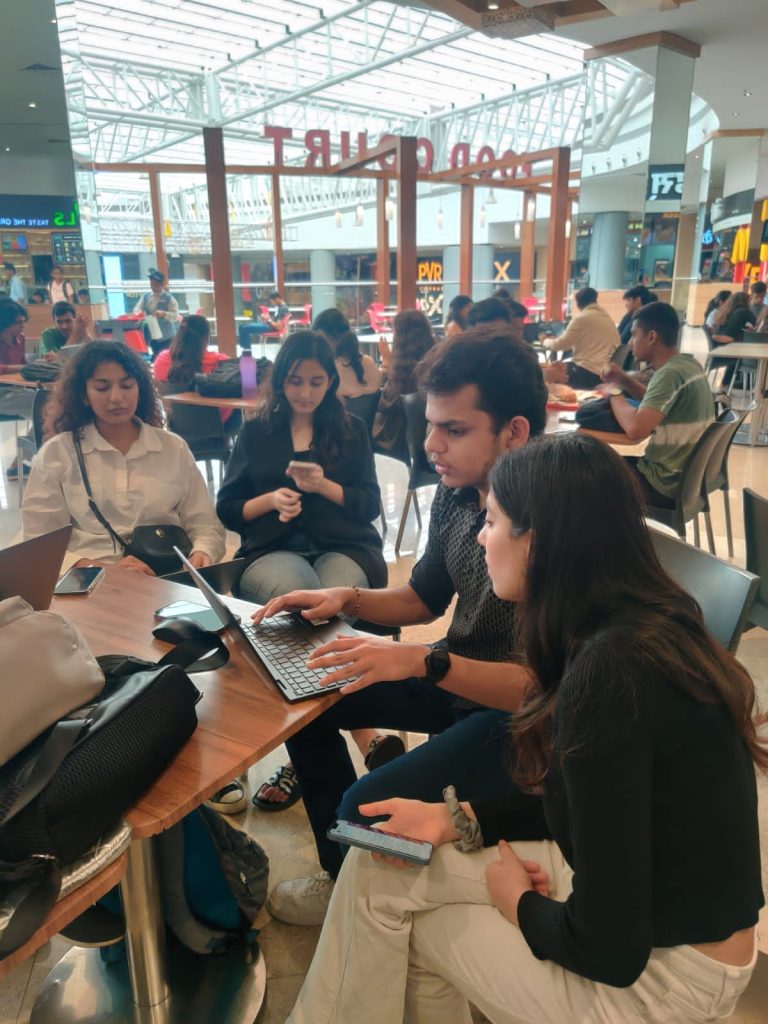
New age universities, like ATLAS, understand the changing dynamics of the job market. They recognise that employers highly value graduates with hands-on experience. As a result, experiential learning activities are thoughtfully integrated into the curriculum to ensure that students gain practical exposure to real-world challenges. This emphasis on industry relevance and employability gives ATLAS graduates a competitive edge, making them attractive prospects for prospective employers.
ATLAS ISME’s retail experiential learning activity has proven to be a transformative experience for its BBA students. By focusing on practical skill application and promoting essential human skills, the university prepares its students to be future leaders who can tackle real-world challenges with confidence and competence. Experiential learning is an invaluable asset in higher education and initiatives like these ensure that graduates are well-equipped for success in their careers and lives beyond the classroom. Universities like ATLAS SkillTech University are pioneers in recognising the importance of experiential learning and have created a conducive environment for students to flourish as well-rounded, capable and adaptable individuals.

